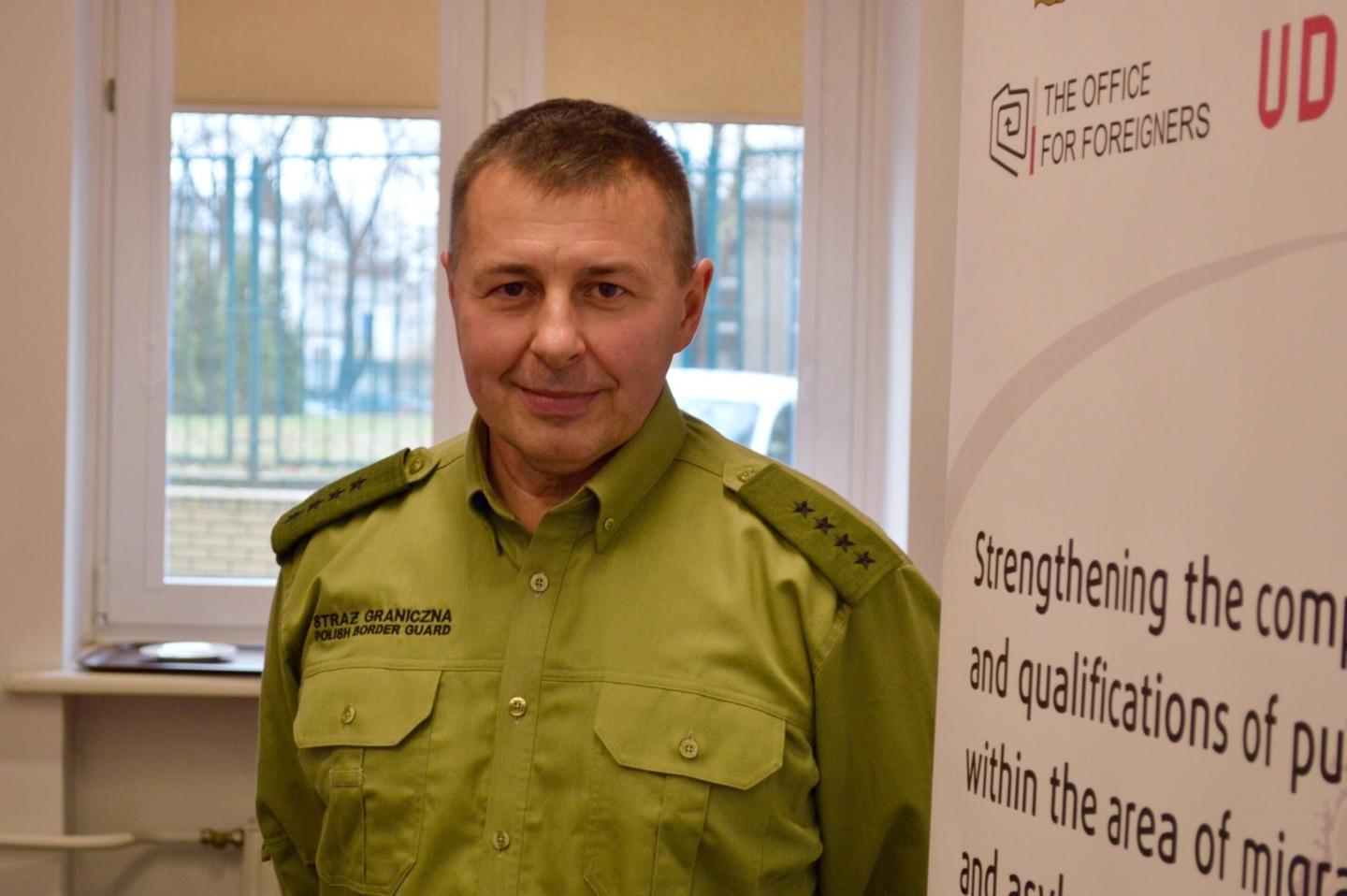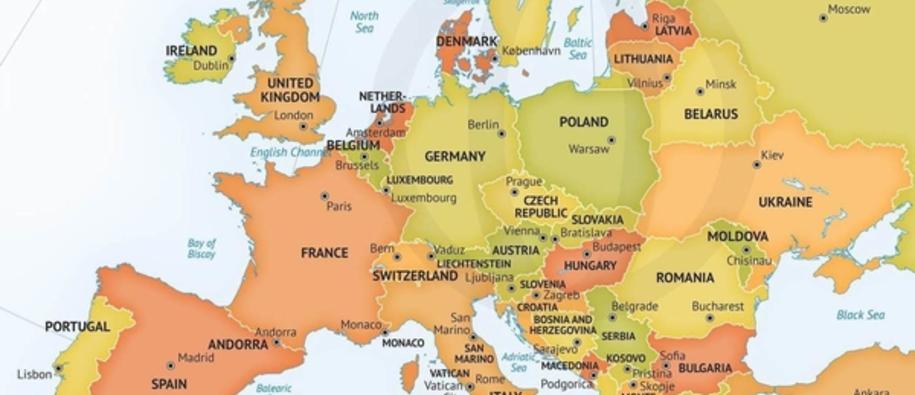In a huge, green building in the middle of Warsaw, you find the head quarter of the Polish border guards where numerous workshops have been arranged the past months.
“Border guards of today must have knowledge about other cultures and be able to understand and communicate with different people that cross our borders. Every day foreigners enter into Poland. They shall be met by a competent crew,” says Mariusz Ceckowski, captain at the Foreigners' Department, Polish Border Guard HQ.
Illegal border crossings
Nearly 50 000 people cross into Poland from outside Schengen every day, according to Foreigners' Department. On average ten persons are daily apprehended for illegal border crossing.
The qualification project is part of the Schengen cooperation programme and is co-financed through the Norway Grants. Schengen refers to the passport-free zone that covers most of Europe. It’s the largest free travel area in the world, with 28 member states.
Protect vulnerable groups
Through various language courses in English, German, and Russian, as well as courses in law, regulation, and strategic communication, the Polish border guards have been taught to read different kinds of identification documents, identify stateless people and secure groups that are vulnerable to human trafficking like minors, women and disabled.
“Every day we see improvements, especially when it comes to language skills at the borders. I think the main key is communication. Without language, we lack crucial information about why people want to apply for asylum,” says Mariusz.
“Knowledge never ends”
The past three years the qualification project 'Increase of competences and qualifications of public services in the scope of asylum and migration, with particular interest in the field of counteracting illegal migration', has been implemented.
The project is a bilateral project between The Border Guards in Poland, The Office of Foreigners and The Norwegian Directorate of Immigration (UDI).
“In addition to workshops in Poland, we‘ve had five study trips to Norway which were essential to develop new skills and gain knowledge about the latest computer systems. So far 1500 guards have been trained. I always say; knowledge never ends,” Mariusz says.
When Poland joined Schengen in 2007, they became responsible for guarding the longest external EU/Schengen land border - towards Ukraine, Belarus and Russia/Kaliningrad. The removal of internal borders means that millions of people can travel between countries without showing their passports.
However, open borders also increase vulnerability to cross-border organised crime including human trafficking, illegal immigration and smuggling; complex challenges that have required new training of the border guards.
Interested in more stories from Poland?

